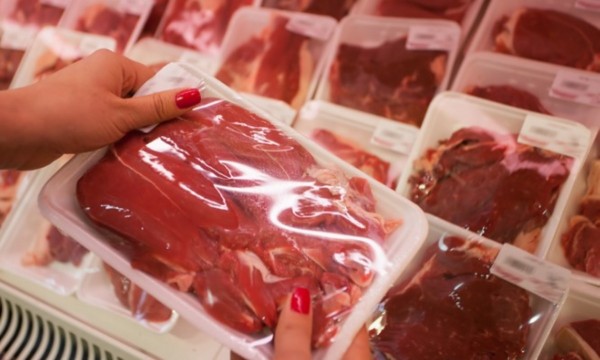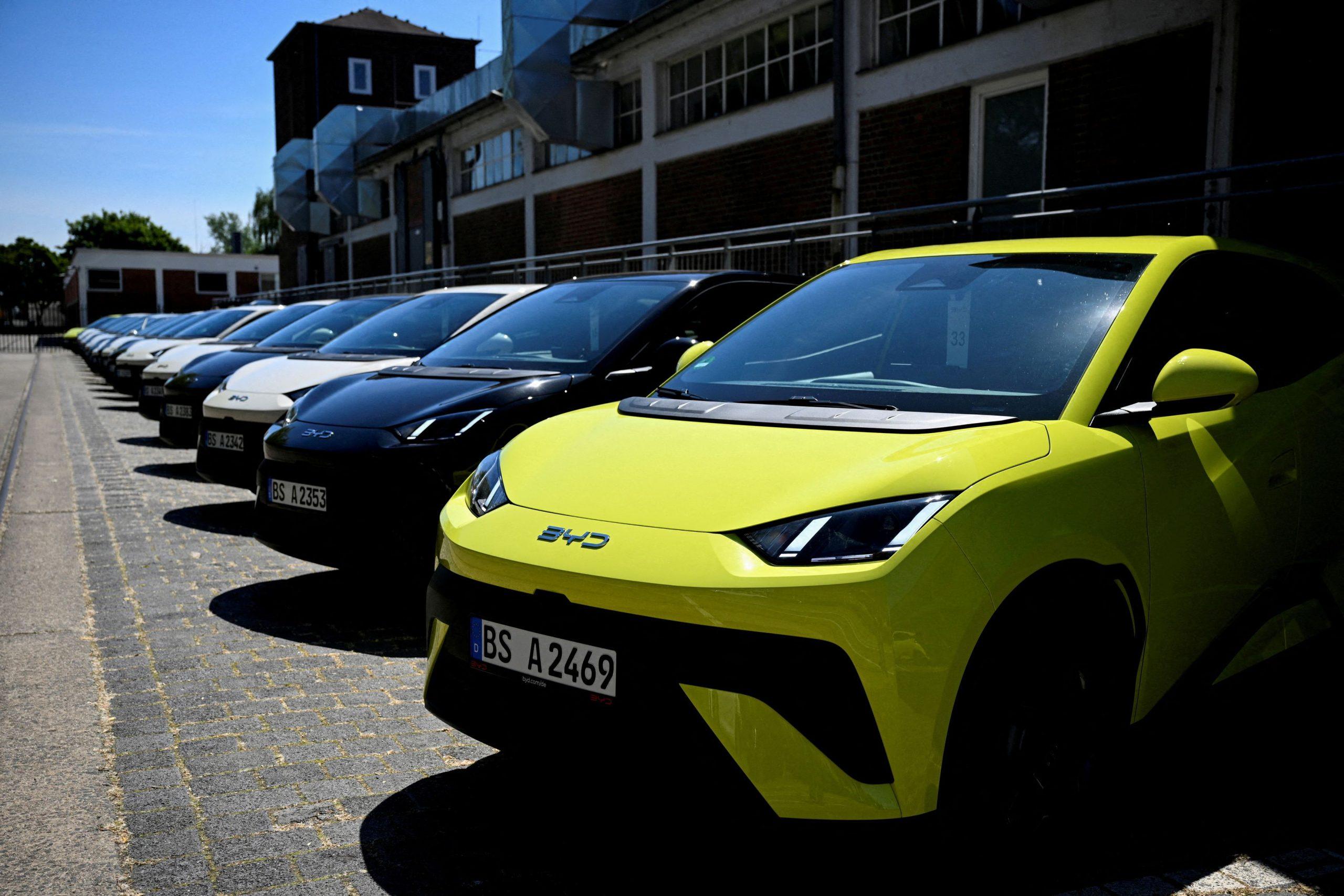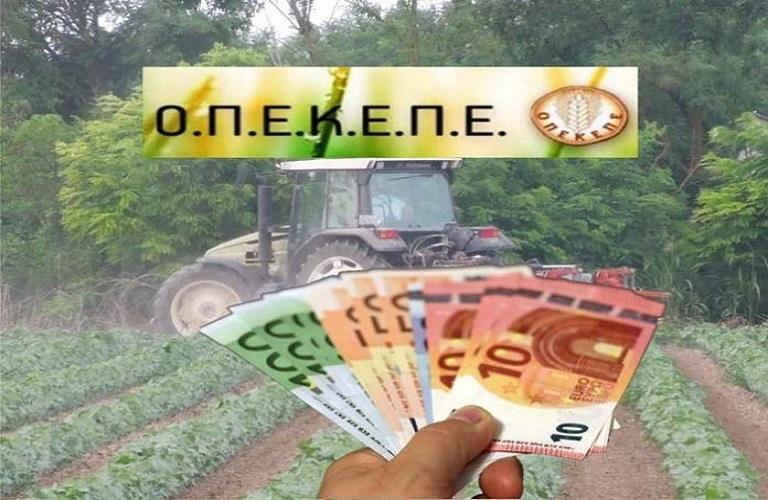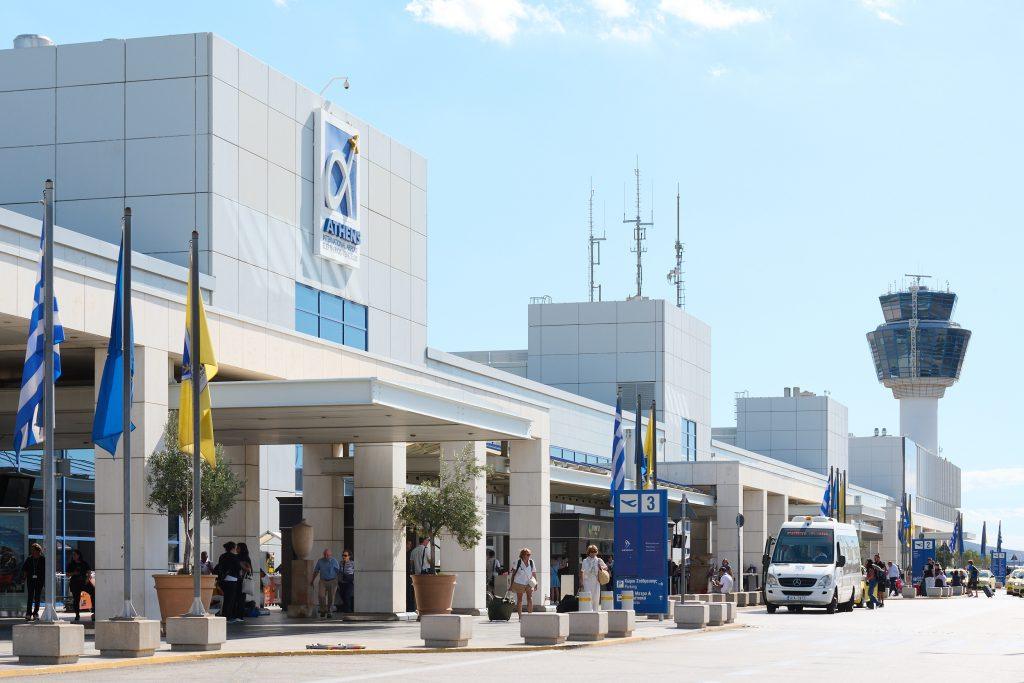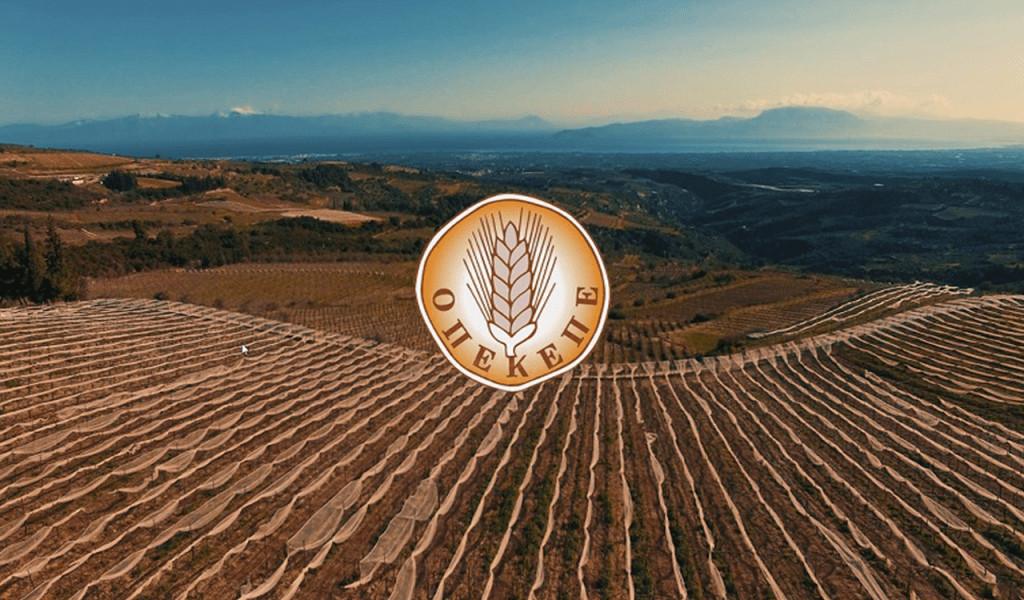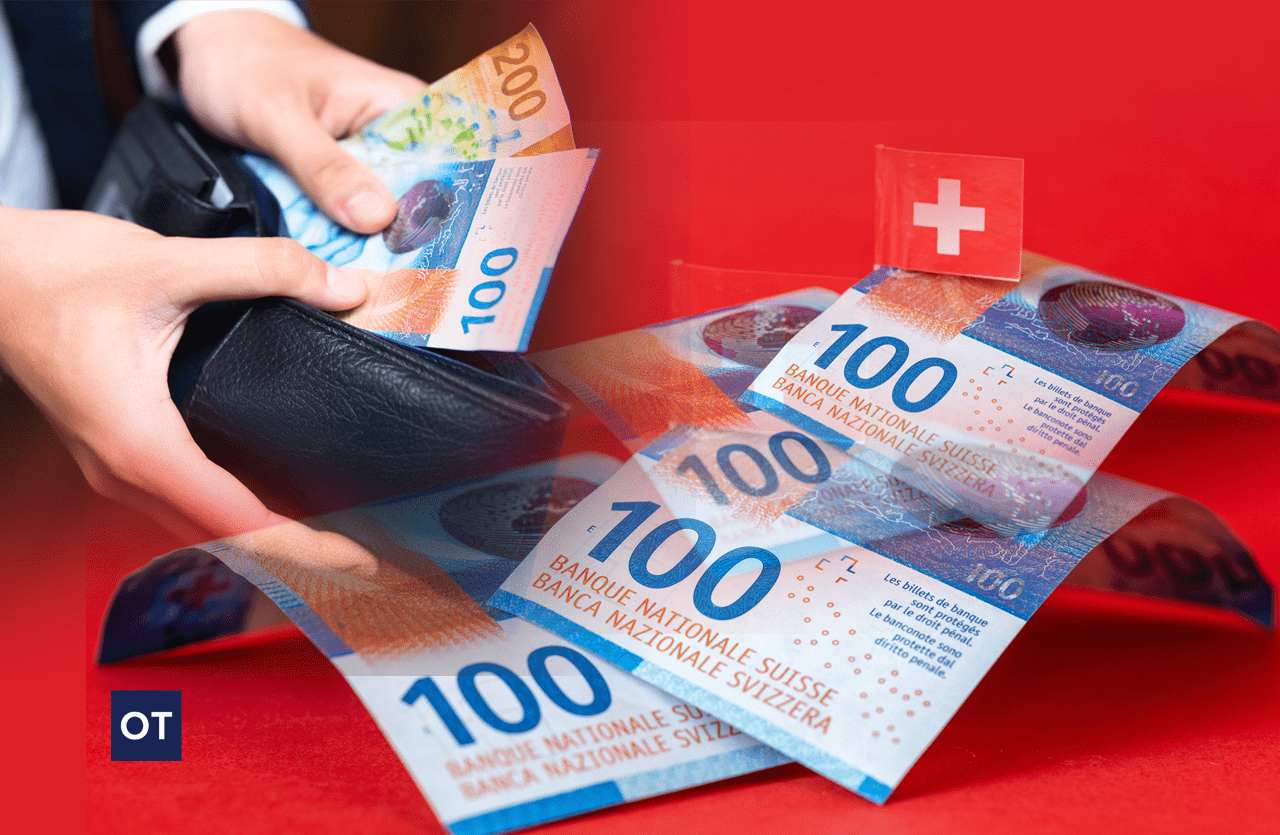Despite assurances from consecutive Greek administrations and a multitude of ministers over the years, the problem of imported agricultural goods being “baptized” as domestic production continues to persist.
In today’s globalized market, cheaper imported fruits, vegetables, meat, and milk often compete with local products prized for their freshness and authenticity. Some exploit this by selling cheaper imports as Greek goods at high prices, squeezing out genuine Greek products.
Recent farmer protests have led to renewed government promises to address the issue, but skepticism remains among producers and consumers.
Meanwhile, the Ministry of Agricultural Development and Food has dismissed ELGO Demeter’s vice president for violations. While fines are occasionally imposed, it’s unclear if they’re paid or effectively deter repeat offenses.
It’s an open secret that many violations occur, with imported products falsely labeled as Greek. Honey from China, apples from Bulgaria, kiwis from Iran, oranges from Egypt, milk and lamb meat from Romania and Bulgaria are among the products often misrepresented.
For instance, despite a decline in Greek honey production this year, supermarket shelves haven’t lacked honey. Though beekeepers’ production costs range from 4 to 4.5 euros per kilogram, “Greek” honey is priced at 5 to 6 euros, raising questions about its origin.
Experts in agricultural economics suggest that a surge in imports without a corresponding increase on store shelves implies these imports have been adapted to the Greek market during distribution.
The negative impacts of this deceit affect the entire food chain, leading to unfair competition, tarnished product reputations, economic harm to producers, and a loss of trust in Greek agricultural products.
Source: tovima.com
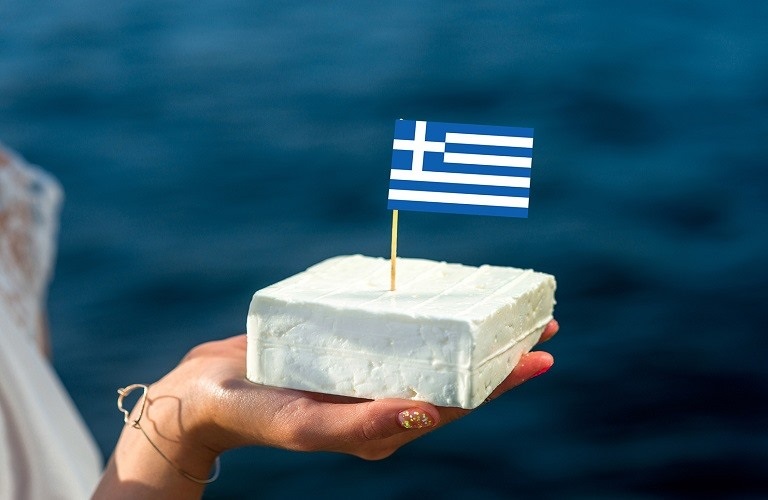


![Ψηφιακά στοιχεία διακίνησης αποθεμάτων [19ο Μέρος]](https://www.ot.gr/wp-content/uploads/2025/09/tax-468440_1280.jpg)








